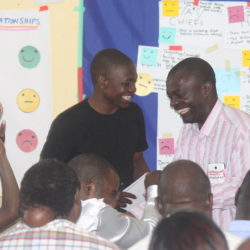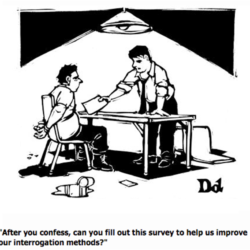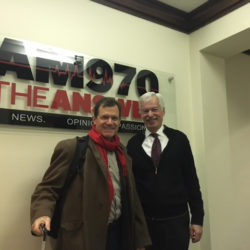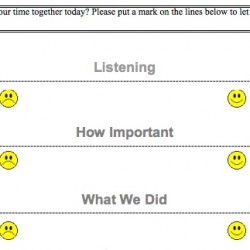Constituent Voice is a “slow idea”
I’m a slow learner. Over a decade into this work, it hit me that Constituent Voice is what New Yorker writer Atul Guwande dubbed a “slow idea”. In Guwande’s New Yorker article comparison of the historical uptake of anesthesia and antiseptics, he asks, why did one take off rapidly while the other languished? “First, one[…]









